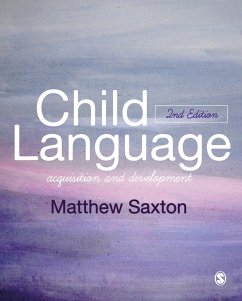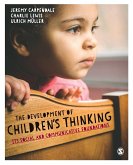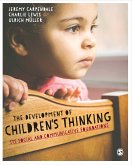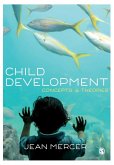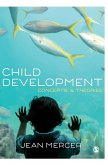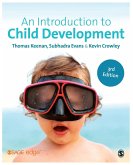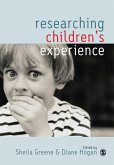This is the best book on the market for taking students from how children acquire their first language to the point where
they can engage with key debates and current research in the field of child language. No background knowledge of linguistic theory is assumed and all specialist terms are introduced in clear, non-technical language.
It is rare in its balanced presentation of evidence from both sides of the nature nurture divide and its ability to make this complicated topic engaging and understandable to everyone.
This edition includes
Exercises to foster an understanding of key concepts in language and linguistics A glossary of key terms so students can always check back on the more difficult terms Suggestions for further reading including fascinating TED Talks that bring the subject to life Access to Multiple Choice Quizzes and other online resources so students can check they've understood what they have just read
they can engage with key debates and current research in the field of child language. No background knowledge of linguistic theory is assumed and all specialist terms are introduced in clear, non-technical language.
It is rare in its balanced presentation of evidence from both sides of the nature nurture divide and its ability to make this complicated topic engaging and understandable to everyone.
This edition includes
Exercises to foster an understanding of key concepts in language and linguistics A glossary of key terms so students can always check back on the more difficult terms Suggestions for further reading including fascinating TED Talks that bring the subject to life Access to Multiple Choice Quizzes and other online resources so students can check they've understood what they have just read
Writing in a conversational, playful voice Matthew Saxton offers a particularly engaging and accessible introduction to a wealth of knowledge about language. He models how language allows us both to share personal interests and enthusiasms and to build more public understanding by publishing and arguing about research findings. Rod Parker-Rees, Associate Professor in Early Childhood Studies

